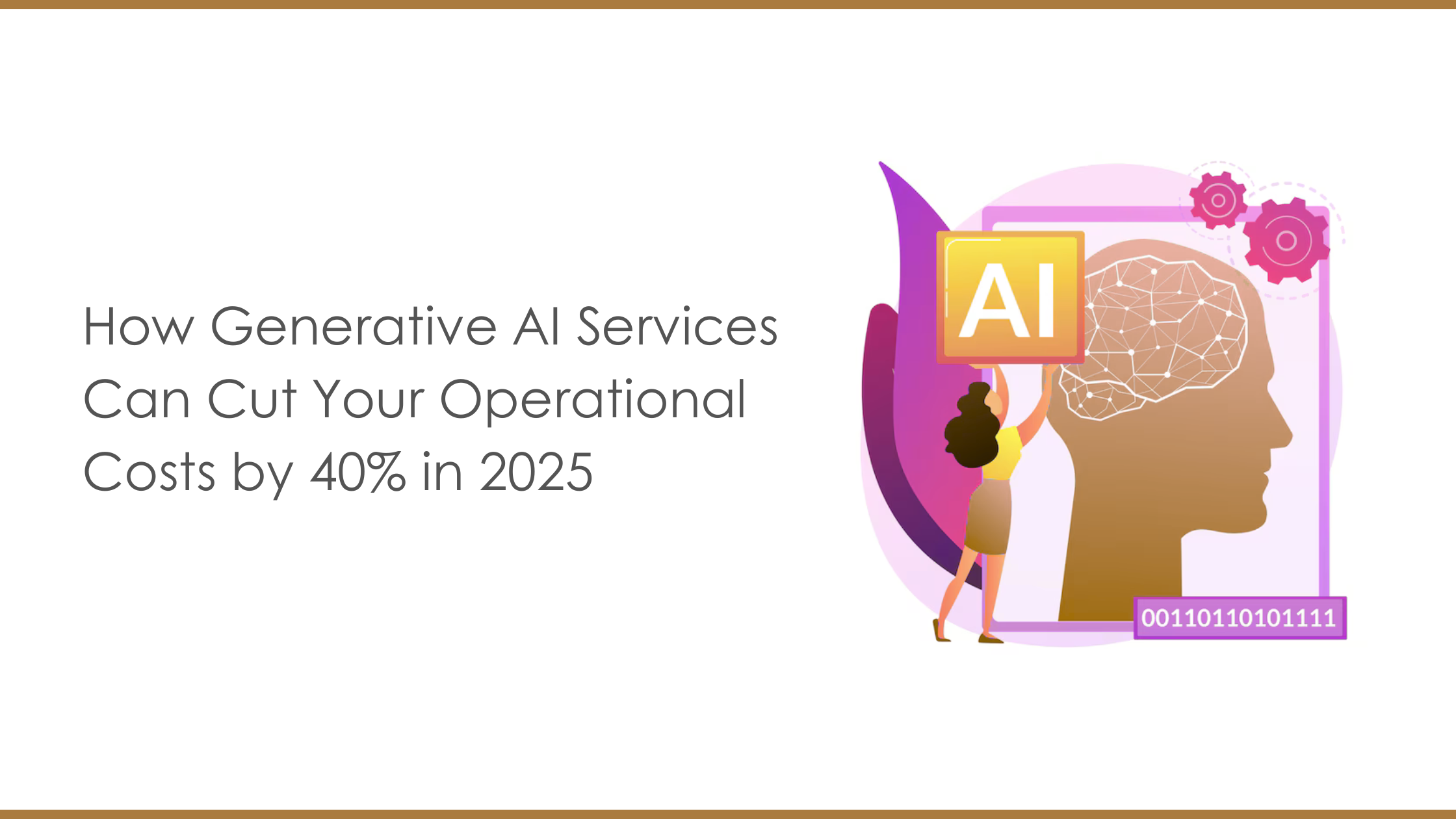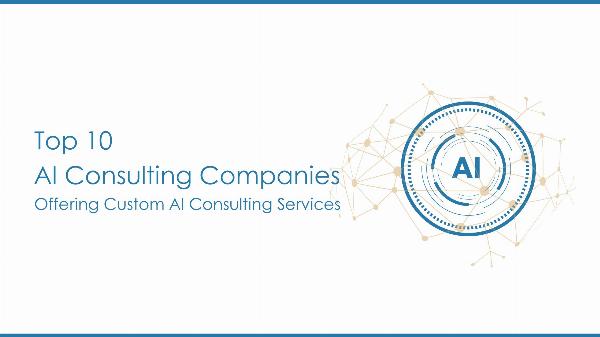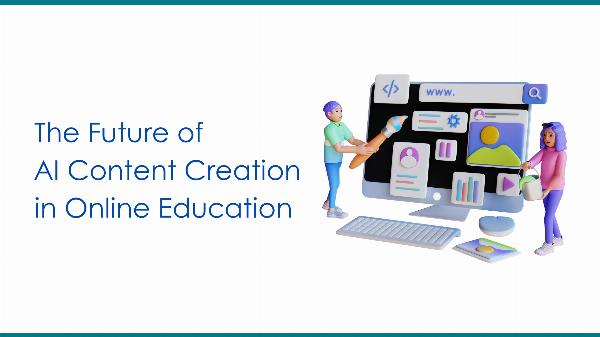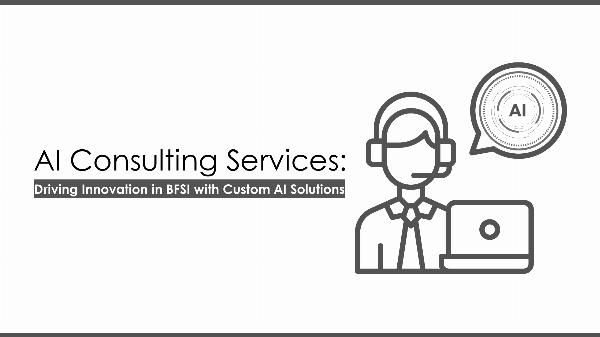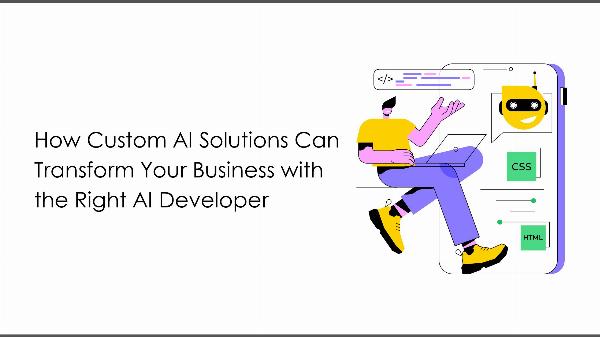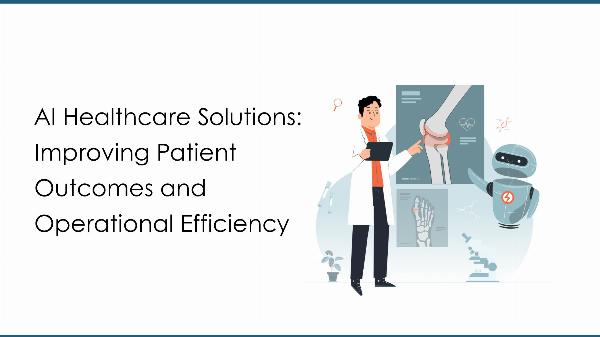 HARO Backlinks – Get Cited Like a Pro in Top Media!
HARO Backlinks – Get Cited Like a Pro in Top Media!
Reducing AI Agent Development Cost: Strategies for Cost-Effective AI Projects
Written by Avinash Chander » Updated on: June 17th, 2025

Artificial Intelligence (AI) agents are transforming industries by automating tasks, enhancing decision-making, and driving innovation. However, developing AI agents can be a costly endeavor, especially for businesses with limited budgets. Understanding how to manage and reduce AI Agent Development Cost is essential for maximizing ROI and ensuring the financial viability of AI projects. This blog explores effective strategies and best practices to reduce AI agent development costs while maintaining high-quality outcomes.
1. Leverage Pre-Built AI Models and Frameworks
Developing AI agents from scratch can be time-consuming and expensive. Instead, leveraging pre-built AI models and frameworks can significantly reduce development costs by providing ready-made components that can be customized to meet specific business needs.
Strategies:
- Utilize Open-Source Frameworks: Platforms like TensorFlow, PyTorch, and Keras offer powerful tools and pre-trained models that can accelerate AI development.
- Adopt Transfer Learning: Use pre-trained models and fine-tune them for your specific use case, reducing the need for extensive data and training resources.
- Explore AI-as-a-Service: Cloud-based AI services, such as AWS SageMaker, Google AI Platform, and Microsoft Azure AI, provide scalable and cost-effective solutions for building AI agents.
2. Optimize Data Collection and Management
Data is a critical component of AI agent development, but managing data efficiently can help reduce costs. Implementing effective data collection and management practices ensures that you use resources wisely and avoid unnecessary expenses.
Strategies:
- Focus on Data Quality: High-quality data reduces the need for extensive preprocessing and retraining, saving time and resources.
- Automate Data Processing: Use automated tools and scripts to streamline data cleaning, transformation, and labeling processes.
- Utilize Data Augmentation: Enhance your dataset through augmentation techniques, reducing the need for additional data collection while maintaining model performance.
3. Adopt Agile Development Methodologies
Agile methodologies promote iterative development, flexibility, and continuous improvement, which can help manage and reduce AI agent development costs by ensuring efficient use of resources.
Strategies:
- Iterative Development: Break the project into smaller, manageable sprints, allowing for regular assessment and adjustments based on progress and feedback.
- Prioritize Features: Focus on developing and deploying the most critical features first, delaying less important functionalities until later stages.
- Continuous Integration and Deployment (CI/CD): Implement CI/CD pipelines to automate testing and deployment, reducing manual effort and minimizing errors.
4. Outsource Non-Core Development Tasks
Outsourcing specific components of AI agent development can be a cost-effective way to access specialized skills without the overhead of hiring full-time employees.
Strategies:
- Hire Freelancers or Contractors: Engage skilled freelancers or contractors for tasks such as data annotation, model training, or UI design, reducing labor costs.
- Partner with AI Development Firms: Collaborate with specialized AI development companies that offer expertise and scalable resources tailored to your project needs.
- Use Managed Services: Opt for managed AI services that handle infrastructure, maintenance, and support, allowing your team to focus on core development activities.
5. Implement Cost-Efficient Infrastructure Solutions
Choosing the right infrastructure can have a significant impact on AI agent development costs. Implementing cost-efficient solutions ensures that you maximize the value of your investment while minimizing expenses.
Strategies:
- Utilize Cloud Computing: Leverage cloud platforms that offer scalable and pay-as-you-go pricing models, allowing you to adjust resources based on demand and usage.
- Optimize Resource Allocation: Monitor and manage cloud resources effectively to avoid overprovisioning and reduce unnecessary costs.
- Adopt Containerization: Use containerization technologies like Docker and Kubernetes to enhance resource utilization and streamline deployment processes.
6. Enhance Team Efficiency through Training and Tools
A well-trained and efficient team can significantly reduce AI agent development costs by minimizing errors, speeding up development processes, and optimizing resource use.
Strategies:
- Invest in Training: Provide continuous training and development opportunities to keep your team updated with the latest AI technologies and best practices.
- Use Collaboration Tools: Implement collaboration and project management tools that enhance communication, coordination, and productivity among team members.
- Automate Repetitive Tasks: Use automation tools to handle routine tasks, allowing your team to focus on more strategic and high-value activities.
7. Focus on Minimum Viable Product (MVP)
Developing a Minimum Viable Product (MVP) allows you to launch a basic version of your AI agent quickly and cost-effectively, gathering user feedback and validating the concept before investing in full-scale development.
Strategies:
- Identify Core Features: Determine the essential functionalities that your AI agent must have to address your primary business needs.
- Launch Early: Deploy the MVP to a limited audience to test its performance, gather feedback, and make necessary improvements.
- Iterate Based on Feedback: Use the insights gained from the MVP launch to refine and enhance your AI agent, ensuring that subsequent development phases are focused and efficient.
Conclusion
Managing and reducing AI Agent Development Cost is crucial for businesses looking to leverage AI technologies without straining their budgets. By adopting strategies such as leveraging pre-built models, optimizing data management, implementing agile methodologies, outsourcing non-core tasks, choosing cost-efficient infrastructure, enhancing team efficiency, and focusing on MVPs, organizations can achieve cost-effective AI agent development. These approaches not only minimize expenses but also ensure that AI projects deliver high-quality outcomes and drive significant business value. Embrace these best practices to maximize your AI investment and propel your business towards innovation and growth.
Note: IndiBlogHub features both user-submitted and editorial content. We do not verify third-party contributions. Read our Disclaimer and Privacy Policyfor details.
Copyright © 2019-2025 IndiBlogHub.com. All rights reserved. Hosted on DigitalOcean for fast, reliable performance.


